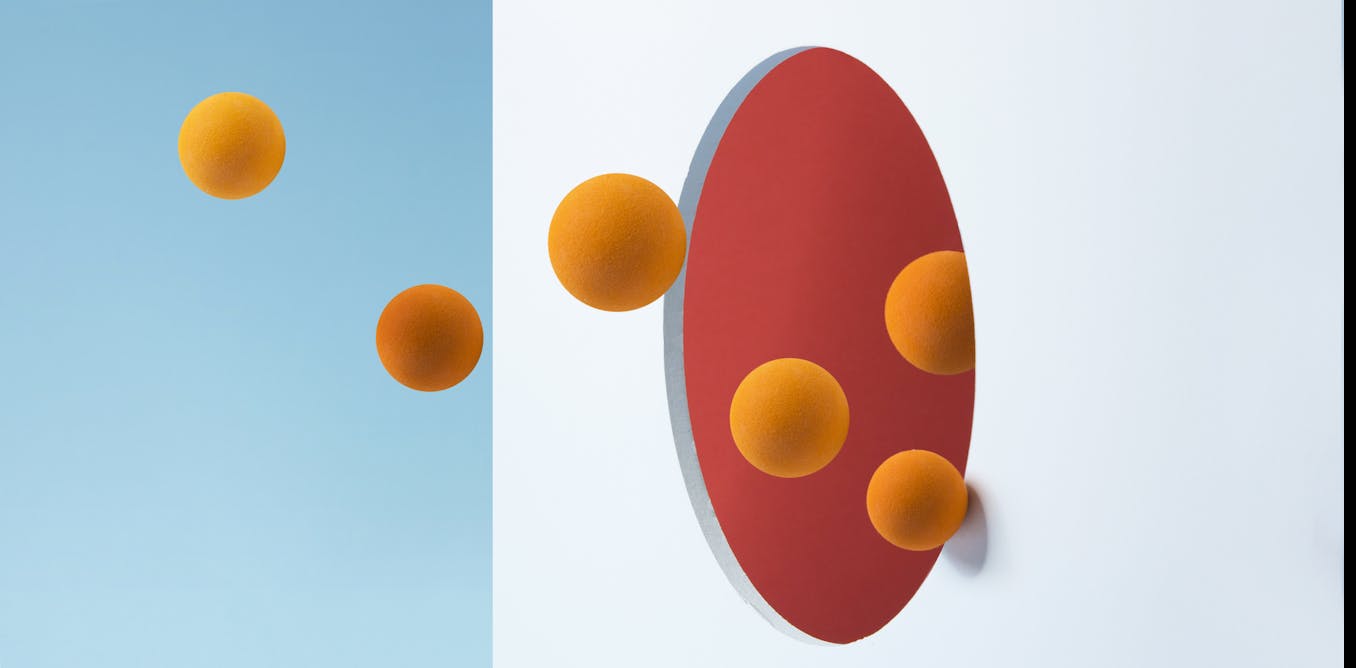Separating molecules is a highly energy-intensive but essential part of drug development, desalination and other industrial processes – improving membranes can help
Around half of US industrial energy use goes toward separating molecules in industrial processes. Developing materials that can withstand harsh industrial conditions can help increase efficiency.
Sept. 7, 2023 • ~5 min




